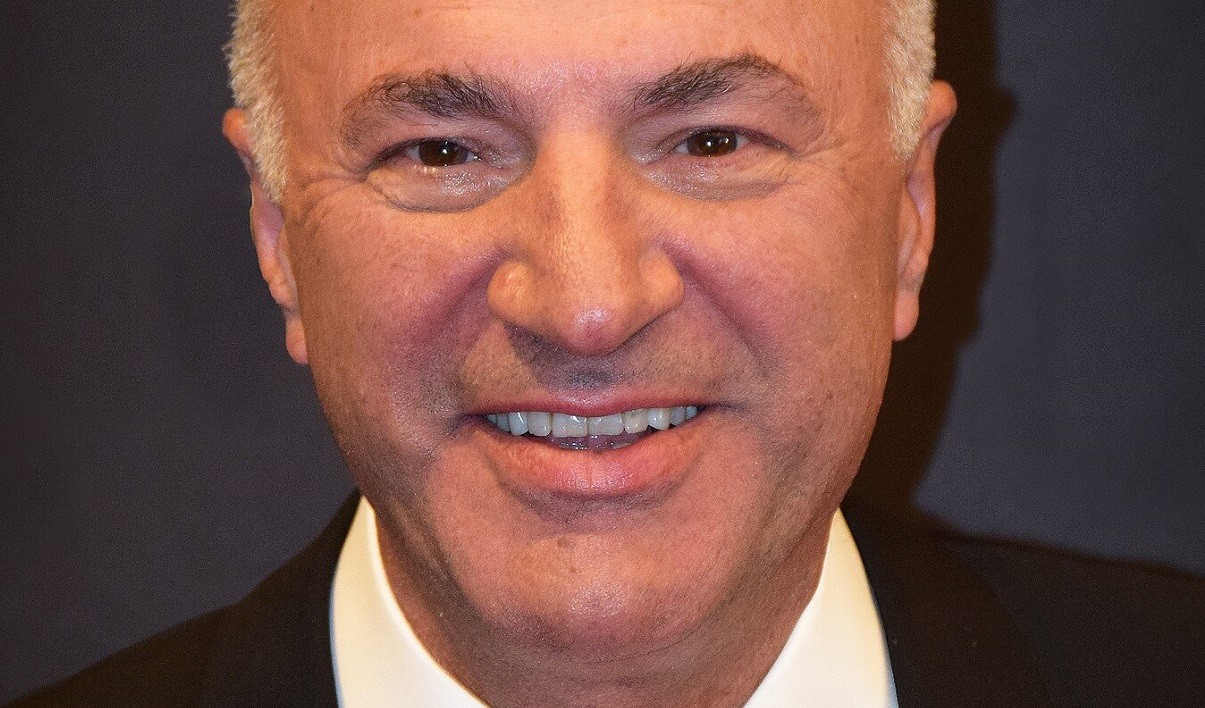
The ‘America First’ contingent of the larger MAGA platform has had some victories since President Trump regained the Oval Office, but it has also been dealt a few blows as the reality of geopolitics and the interconnected global economy present complications.
While Trump-imposed tariffs have ostensibly sought to “level the playing field” for American exporters and reinvigorate American industry by granting domestic companies a competitive advantage selling into the American market, the reality for many American companies — from small businesses to giant automaker Ford — has largely meant paying more for their supply chains.
Ford CEO Jim Farley revealed in October that some parts Ford needs just can’t be acquired in America, even if Ford was willing to pay more for them. “There are parts, fasteners, wiring looms from other countries. And we pay our tariffs, sometimes up to 70 percent on those parts,” Farley said.
In September, Farley revealed that those costs were not helping achieve the goals of the America First agenda, but were instead having the opposite impact.
“I mean, it’s frustrating ’cause we’re the most American auto company, and we export the most,” Farley said, “and yet, we have this $2 billion headwind, which prevents me from investing even more in the US.”
Beyond tariffs, ‘America First’ proponents have objected to Trump’s focus on foreign wars (and the costs of that focus) and to his administration’s bailout of Argentina — the latter promoted to MAGA adherents as a “currency swap” investment that will make the U.S. a profit, instead of as a high-risk financial bet with an uncertain payoff, as many economists describe the Treasury Department’s financial benevolence toward Argentina.
Trump’s immigration enforcement, with its masked raids and mass detainments and deportations, is also pitched as an ‘America First’ priority — and it has pleased many who perceive undocumented workers as an invasive force (as they are characterized by the administration).
But ICE raids and mass deportation has also hurt businesses that rely on undocumented workers, especially an already stressed agriculture industry that has been simultaneously hit by retaliatory tariffs and trade blockades.
Citing his ‘America First’ initiatives, Trump has boasted of major investments by foreign companies producing goods in the U.S. But companies like Hyundai — whose Georgia facility was raided and its South Korean workers detained and deported, only to be returned to work — have said American workers don’t have the know-how to produce the goods.
And this week, Trump agreed that at present there weren’t enough skilled Americans to meet the needs of these foreign investors. In America, “you don’t have certain talents,” Trump told Laura Ingraham on Fox.
While Trump acknowledged that American workers don’t possess the expertise needed to work in many of the new tech and manufacturing jobs, MAGA asserts that every foreign worker on American soil is an employee “stealing” a job from an American.
Accordingly MAGA, and especially the America Firsters, have been furiously protesting the proliferation of educated foreign employees who work in the U.S. on H-1B visas — a major tool companies like Amazon and Meta use to attract top worldwide talent.
Trying to discourage the overreliance on H-1B visas, the Trump administration recently changed a rule to price each one at $100,000, hoping to give companies a financial incentive to hire American. (It’s a sort of tariff on talent.)
But the visa rule change has even vocal Trump supporters like Kevin O’Leary, the investor and Shark Tank star, objecting to the impact of limiting America’s ability to recruit top talent to maintain its competitive edge — an edge that has been fueled by immigrants at least since WWII, O’Leary says.
O’Leary: Do we want the Chinese to train them, or do we want them? We want them. Every single one of them to stay here. And I want them to get their passports, their families get passports, they create jobs, and I will invest in them. Every single one. pic.twitter.com/K3MwXo9AtH
— Acyn (@Acyn) November 13, 2025
Asserting that “curating” foreign talent to create businesses in capitalist America is the smartest policy to pursue, O’Leary attaches a stark warning for those who want an isolationist U.S. that only hires domestic workers — in that scenario, O’Leary says, China wins.
China will gladly take the talent that America should be nurturing if the U.S. makes it harder to attract that talent. Asked in the interview above about Trump’s rule change to charge $100K per visa, O’Leary responds: “It’s nuts! That’s a crazy idea!”